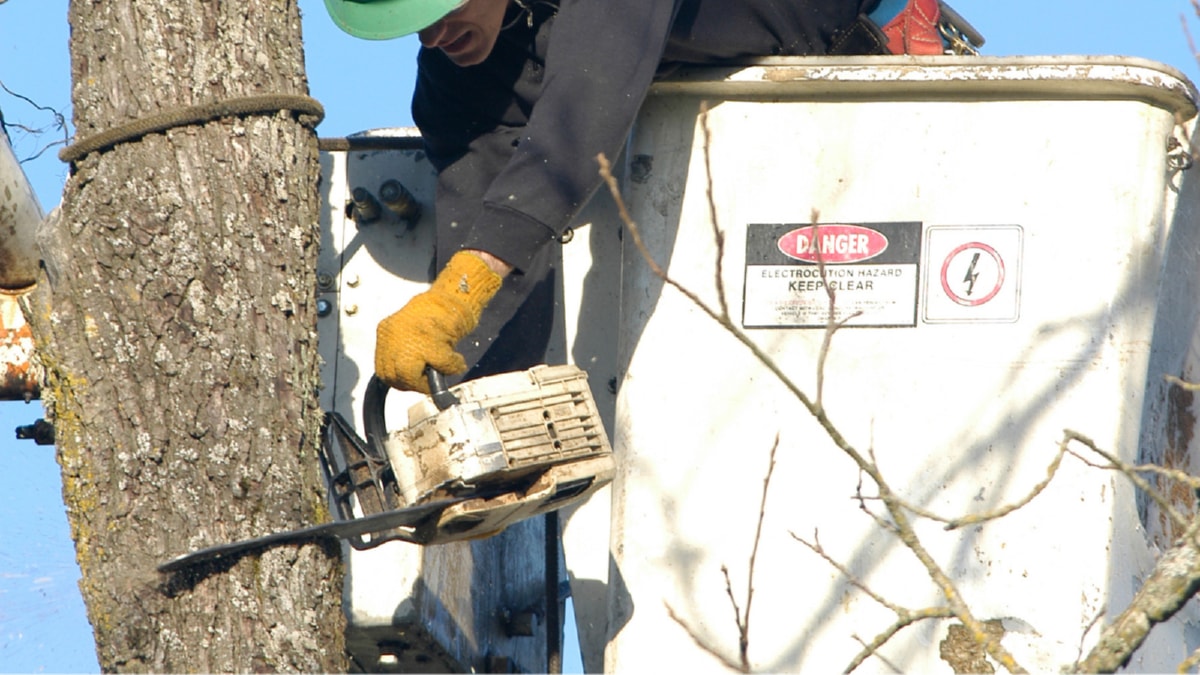Understanding the Basics of Construction Project Management
Construction project management is an integral part of any construction project. It involves the coordinating, controlling, and planning of a project from inception to completion. The aim is to satisfy the client’s expectations to produce a functionally and financially viable project.
A construction project manager’s responsibilities include cost control, safety management, quality management, contract administration, scheduling, and more. These tasks can be overwhelming, but with the right knowledge and skills, they can be effectively managed.
One of the most crucial aspects of construction project management is planning. This involves mapping out the project in a logical and sequential order. The schedule should detail when each part of the project will start and finish, the resources needed, and the tasks’ dependencies. This ensures that the deadlines are met and the project stays on track.
Another key aspect is budget control. The project manager must formulate a budget based on the project’s needs and monitor expenses to ensure they stay within this budget. The manager will need to be ahead of the game, identifying potential cost overruns before they occur and implementing strategies to prevent them.
Quality assurance is also essential in construction project management. This involves the use of systems and procedures to ensure that the construction project meets the specified standards and requirements. Regular inspections and audits are performed to monitor the quality of work and materials used.
Construction projects also require contract management. The project manager must understand the contract terms and ensure that both parties fulfill their obligations. This includes addressing disputes, ensuring timely payments, and managing changes.
Another crucial aspect of construction project management is safety management. The project manager must implement safety policies and procedures to prevent accidents and ensure the welfare of all workers. This includes providing safety equipment, ensuring compliance with safety regulations, and conducting safety training.
In conclusion, construction project management is a complicated but essential part of any construction project. It requires a broad range of skills and knowledge, including scheduling, cost management, quality management, contract administration, and safety management. With these skills, a construction project manager can successfully lead a project from inception to completion, satisfying the client’s requirements and producing a functionally and financially viable project.
For more details, check best Kerbing service Kildare Galway Limerick Mayo Offaly or visit their business listing here.



